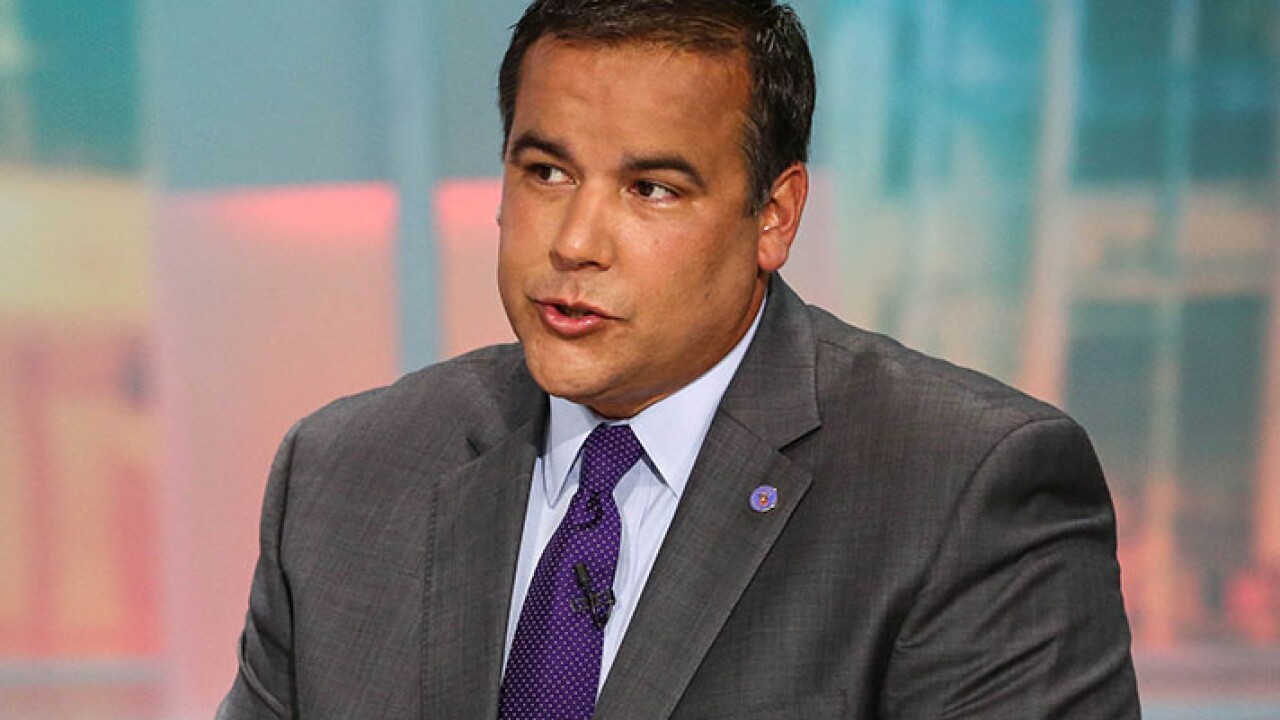New York Mayor Michael Bloomberg on Thursday introduced a $68.7 billion budget for fiscal 2013 that while balanced, leaves the city with budget gaps ranging from $3 billion to $3.7 billion over the following years.
Bloomberg said the city is plugging this year’s shortfall with the $466 million settlement in the CityTime payroll scandal. Under that settlement, Science Applications International Corp. settled charges that its fraud resulted in cost overruns to implement the city’s computerized timekeeping system.
The proposed budget, to which Bloomberg and the 51-member City Council must agree by June 30, features no tax increases and maintains the size of the teaching force, but calls for cuts to childcare programs and the closing of 20 firehouses, which were saved last year.
The spending plan includes a city-funded portion of $49,2 billion. Expenses beyond the city’s control -- primarily pensions, health care, Medicaid and debt service -- rise by $1.9 billion, or 7.2%, from fiscal 2012.
Moody’s Investors Service, which in March affirmed its Aa2 rating to the city’s general obligation bonds, praised the city for “institutionalized budgetary controls” and its early responses to the economic downturn, but warned about outside pressures.
“Risks remain, including actions the state could take to balance its own budget,” Moody’s said. “While the city has taken proactive measures that have provided near-term benefits, mounting costs for debt service, pensions and retiree health care will continue to pressure the city.”
The city has $41.2 million of GO debt outstanding, according to Moody’s.Fitch Ratings and Standard & Poor’s each assign AA.
Bloomberg admitted that the executive budget relies on $300 million of funding that would materialize only if the city and the United Federation of Teachers agree on a teacher evaluation system that meets state and federal requirements by January.
The mayor also said the city faces gaps of roughly $3 billion in fiscal 2014, followed by $3.7 and $3.2 billion over the following two years. Under the proposed budget, the city’s five-year capital construction program rises nearly $800 million, to $39.5 billion.
Bloomberg said the city’s efforts in technology, television and film, and higher education are offsetting the loss of jobs on Wall Street. “Economically sensitive” tax revenues -- from personal income, business, sales and real estate taxes -- have risen to $25.2 billion in fiscal 2013, up from $24.2 billion. Private-sector employment, now 3.3 million, has exceeded the record set in 1969, he said.
Reaction to Bloomberg’s budget proposal was mixed.
“The decreases in forecasted revenues highlight the continued weakness of our economy. In this context, we need to make prudent budgetary decisions and plan for the long term,” said council Finance Chairman Domenic Recchia Jr.
City Council Speaker Christine Quinn, while praising the restoration of teaching positions to the budget, worried about the childcare and firehouse cuts. Eliminating fire companies is “needlessly endangering our city’s public safety,” she said,
City Comptroller John Liu added: “In this challenging economic environment one of the best ways to maintain critical services for New Yorkers like daycare, fire protection, and libraries is to strengthen our fight against the waste of taxpayer funds and wasted subsidies to large corporations.”





